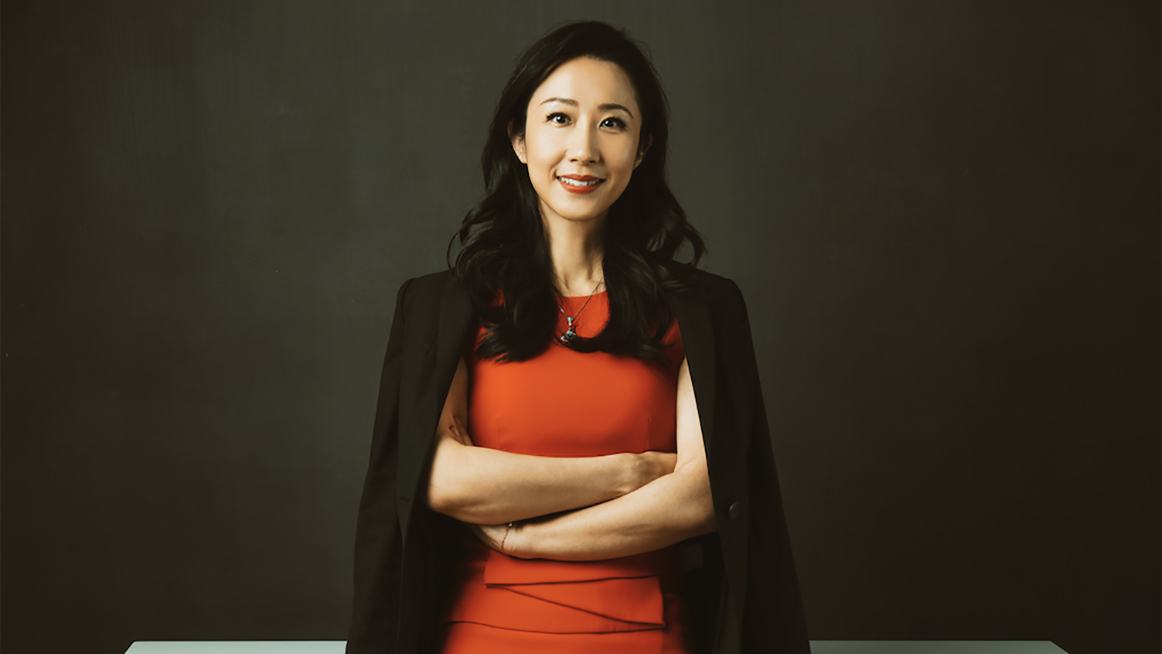Driving commercial and political engagement between Asia, the Middle East and Europe
Driving commercial and political engagement between Asia, the Middle East and Europe
Driving commercial and political engagement between Asia, the Middle East and Europe

Ahead of International Women’s Day, Asia House speaks with Professor Zhang Xiaomeng, Associate Professor of Organisational Behaviour, Cheung Kong Graduate School of Business (CKGSB), about the progress made so far towards gender equality, and the challenges that remain.
This year’s International Women’s Day (8 March) comes amid a global pandemic that, according to a UN report, threatens to reverse 25 years of progress towards gender equality. Women have been disproportionally affected by the COVID crisis due to a range of factors, including care, parenting, and employment trends.
“Women have been negatively impacted in this crisis,” Professor Zhang Xiaomeng said. “COVID-19 has been the only crisis to result in higher unemployment rates among women than men in the past 30 years.”
Many women who are mothers are struggling to juggle work with taking care of children and adjusting to online learning – leading to “burnout”, the Professor said. According to a McKinsey survey, one in four women are considering downshifting their careers or leaving the workforce due to COVID-19.
Such a trend is not only negative on a societal level, but on an economic level, too. That’s because there is extensive research to show that women’s participation in the economy is overwhelmingly positive for growth – a factor that is even more pressing given the need to bounce back from the pandemic.
“Research shows that women’s participation in the labour market is a precondition to its full economic recovery and prosperity,” Professor Zhang said, adding that greater female participation will drive a recovery that will benefit everyone.
“We can come to the conclusion: a ‘she-covery’ will become ‘we-covery’. It is time for every woman to lean into the workplace and household, break gender bias, and create a more equitable future.”
So what can be done to remove the barriers and widen women’s participation in the economy? This is a question Professor Zhang has explored extensively in China.
“Gender equity is enhanced or hindered by a set of factors that are specific to the economy, society, and culture of each region. Based on my research and observations, in China, the three main barriers to women’s participation in leadership roles are gender stereotypes, workplace culture, lack of female leaders. The first two are linked with social expectation regarding gender roles. For example, women are often expected to prioritise household work and childcare to their work roles.”
However, while the opening up of China’s economy in recent decades has seen positive changes, including more educated women in the workforce, “women representation in leadership is still a pressing issue,” Prof Zhang said.
“As a woman leader myself, I would like to see women leaders’ “ H.E.R.Leadership” – Holistic, Empathetic and Resilient. From the very beginning, this framework aimed to degender leadership, and to make men and women leaders free of discrimination and gender stereotypes. The real progress is to see more women in the leading roles, but the ultimate goal is, as Sheryl Sandberg expected: “In the future, there will be no female leaders. There will just be leaders.”
Professor Zhang Xiaomeng explores these issues in a high-level discussion, convened by CKGSB and supported by Asia House, featuring Fernando Vallina, Chairman, ExxonMobil (China) Investment Co; Charise Le, Executive Vice President, Chief Human Resources Officer, Schneider Electric; Shinta Kamdani, Owner and CEO, Sintesa Group; and Su Cheng Harris-Simpson, Founder and CEO, SCHSAsia.
The pre-recorded discussion will be broadcast on International Women’s Day, Monday 8 March, at 11:00-12:30 UK time.
Register to watch the broadcast HERE
